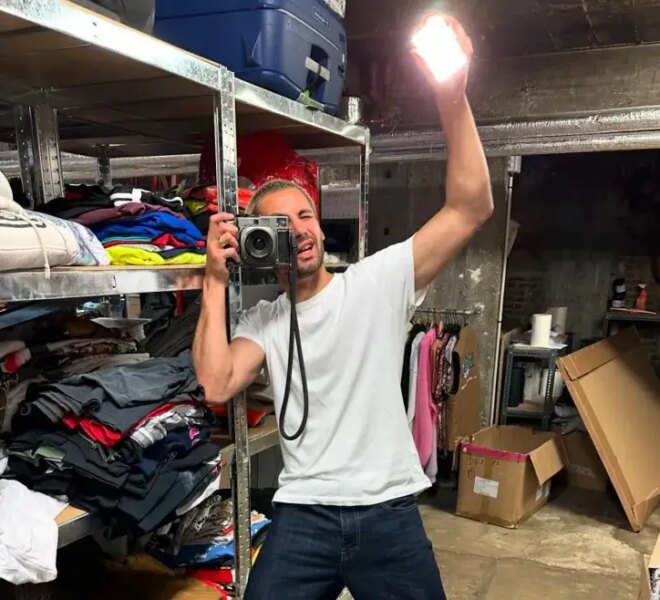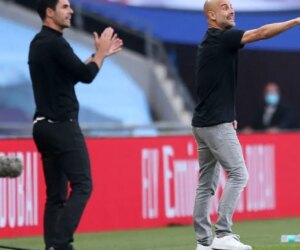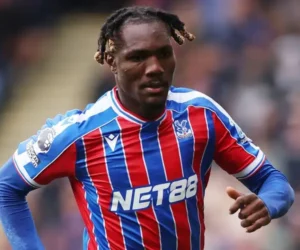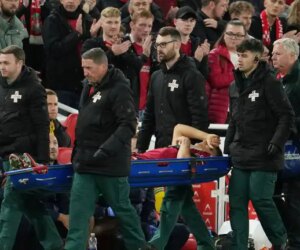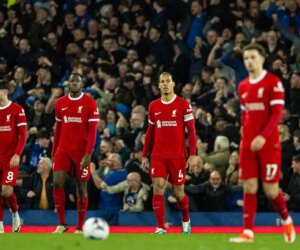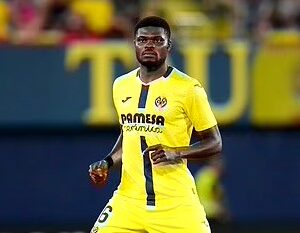A Tottenham Hotspur Europa League winner Alfie Whiteman quietly retired from football over the summer to pursue a career in photography.
The goalkeeper walked away with a medal from the Bilbao victory over Manchester United in May.
But the 27-year-old did feature in the game after seeing himself drop further and further down the pecking order at his boyhood club, often the third, fourth or even fifth choice between the sticks.
With his chances of playing for the team he loved – living just two minutes from the stadium – low, he channelled his energy into other passions of his, including acting classes, hosting a radio show and developing his skills as a photographer.
The star, who joined Spurs when he was 10 years old, left the club as a free agent in the summer with a single appearance for the senior team to his name, as second-half substitute in the Europa League under Jose Mourinho in 2021.
He received transfer interest from clubs as high as the Championship, being offered a six-month contract to be a No2, while also having a trial at a League One side who ultimately could not offer a deal due to financial issues.
But rather than trying to forge out a career in the EFL, Whiteman opted to hang up his gloves.
That decision, which comes just months after Spurs’ glorious night in Spain, has sparked an incredibly unique career switch into film and photography.
Whiteman has signed as a photographer to Somesuch, a global production company with offices in London and Los Angeles which was behind Aneil Karia’s ‘The Long Goodbye’ which won the 2022 Oscar for Best Live Action Short.
Speaking on his decision to The Athletic (via The Sun) he said: “I signed for Spurs at 10 years old. Then I left school at 16 and went straight into this full-time life of football. When I was around 17 or 18, living in digs, I just had this feeling inside of, ‘Is this it?’
“Getting on the mini bus, going to training, doing the Sports Science BTEC (he also did an A Level in Economics) and going home to play video games. I realised, ‘Oh, I’m not happy here’ from quite a young age.
“The stereotype of a footballer is generally quite true. It’s the golf, washbag culture. I was that young footballer. I wanted the Gucci washbag and I drove the Mercedes.
“You all just become a reflection of each other. You’re a product of your environment. It’s the way football is in this country; it’s so shut off from anything else. You go to training and then you go home, that’s it.
“I guess I always felt a little bit different. My team-mates — who I got on well with — called me a hippie. That was their definition. But then, when I was 18, I met my ex-girlfriend, who was a model.
“She was a bit older than me. Her best friend was a director. It just started opening my eyes to what life has to offer.
“So as I was getting a bit older around 18 or 19, I started meeting new people and realising a bit more about myself, and understanding the football bubble, because it’s so insular.”

